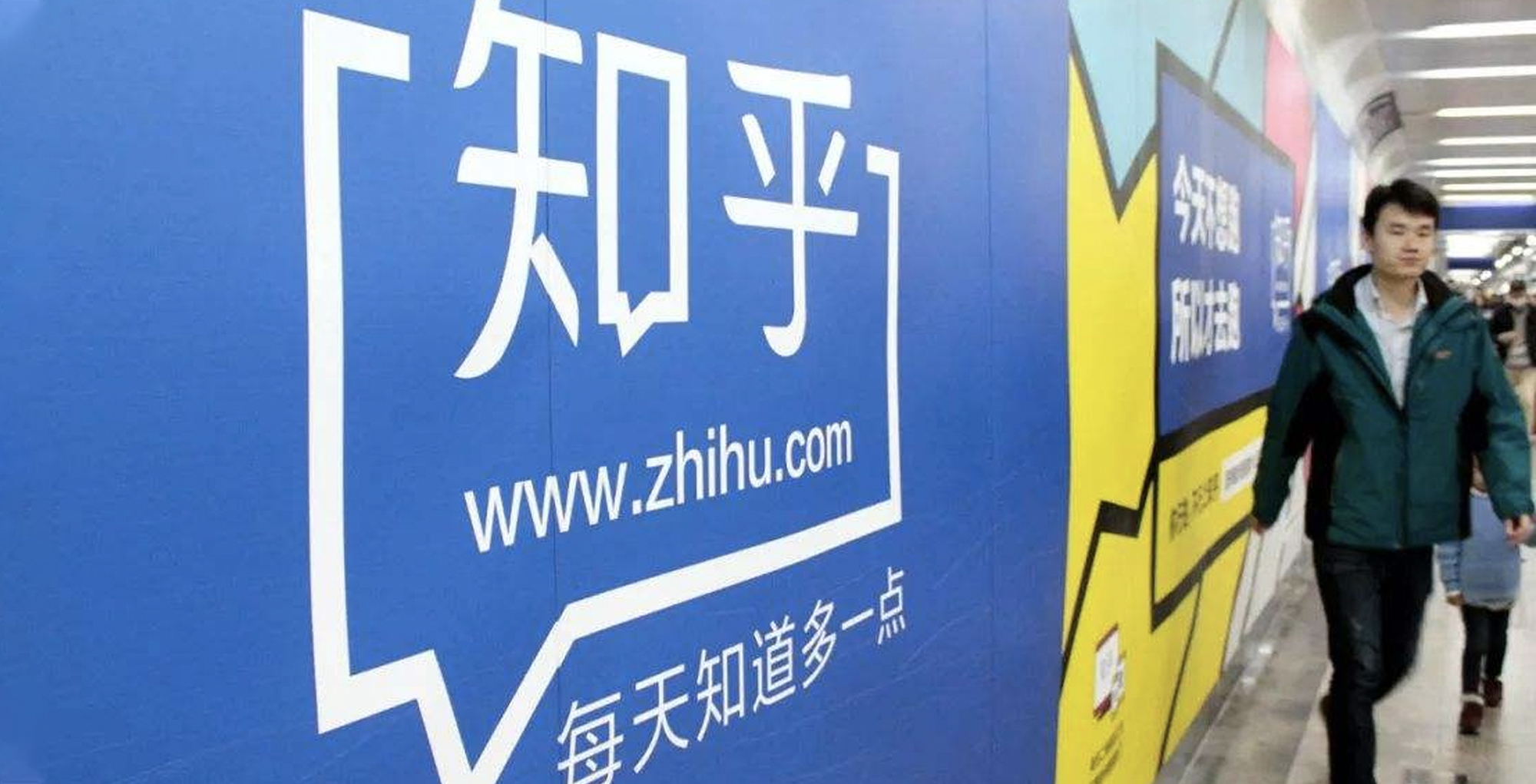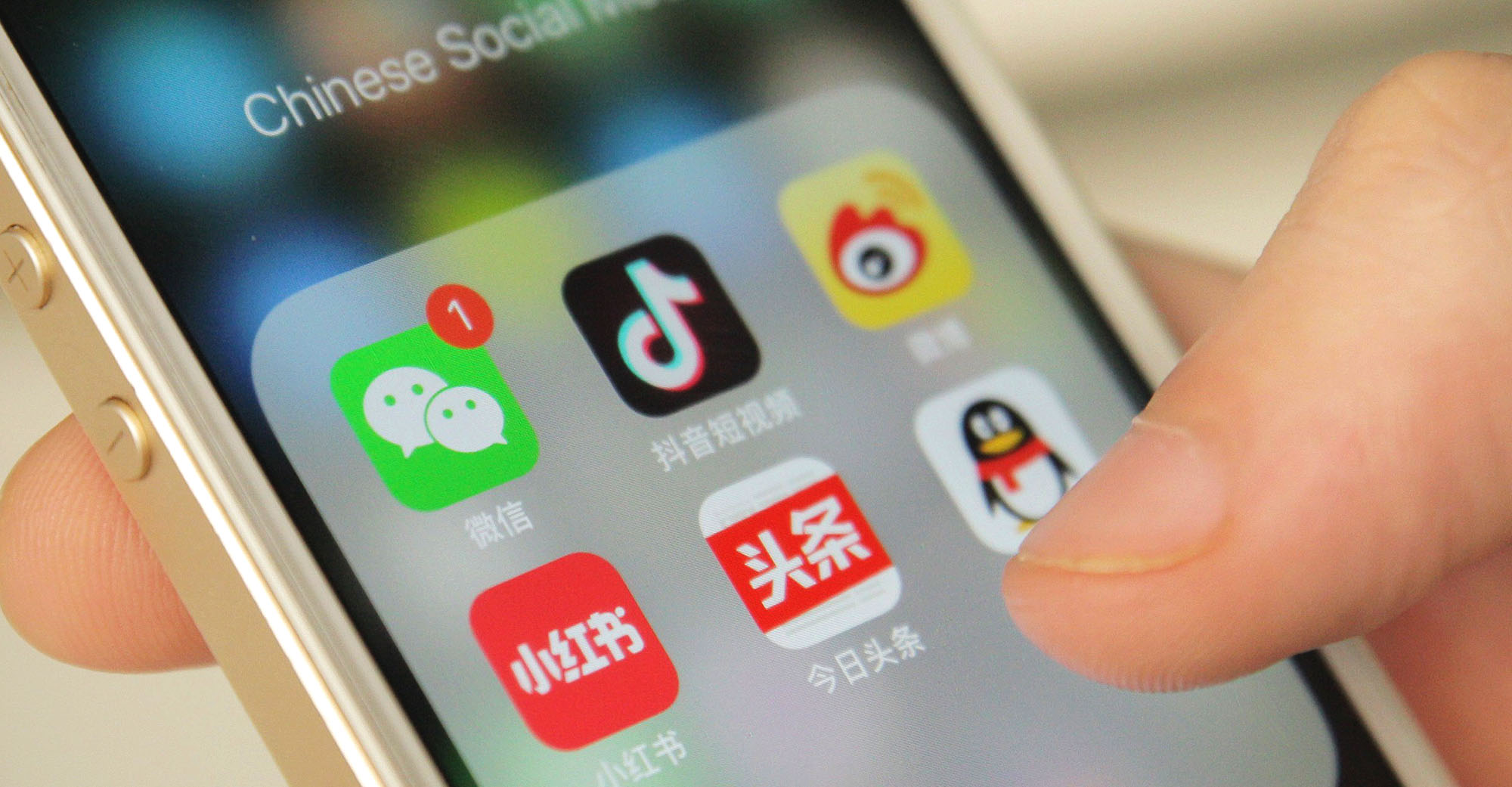Top 7 Chinese Social Media Apps You Should Know for 2020
Social media software is designed to help people share content or communicate quickly and efficiently. There are many social media and networking platforms rolling out in China every year, but most of them also vanish quietly. When it comes to the most popular and used ones in China, there are 7 most popular social media apps you must know for 2020.

Wechat, an all-in-one social media app developed by Chinese tech giant Tencent, is a must-have mobile app in China. Since it was launched in 2011 as Weixin, literally “micro-message”, the numbers of Monthly Active Users (MAU) on the app keeps growing. By Q3 of 2019, its MAU has reached 1.151 billion.
Some have said Wechat is a Chinese version of Whatsapp, but actually it is more like a mix of Whatsapp, Facebook, Instagram and Skype. Wechat provides messaging, payment, calling, online shopping, gaming, search and financial services. People in China cannot live without this app.
Tencent QQ

Tencent QQ (aka QQ) is an older brother of WeChat. The instant messaging software was initially released in 1999, offering online messaging, gaming, music, shopping, microblogging, and more. Tencent claimed that QQ owns 731 million MAU by Q3 of 2019. Q Zone is a personal blog especially for QQ users, where they can share photos and diaries set up as private or public. And from January 15, 2020, WeChat users can transfer money directly to their QQ wallets to solve the inconvenience caused by not being able to link bank cards to QQ accounts.

Sina Weibo or Weibo, also known as the Twitter of China, is a leading social media platform in China launched in 2009. It is China’s most popular microblogging website and might be considered to be a combination of Twitter and Facebook. Anyone can create, share and discover a variety of content on the site. Users can post feeds and attach multimedia. They can follow other users, and like, share or comment on a feed without being followed back. In September 2019, the MAU of Weibo was 497 million, a net addition of around 51 million users year-over-year, among which mobile MAUs accounted for nearly 94%.
Douyin/TikTok

Douyin, internationally known as TikTok, is a short video sharing platform launched in 2016 by Chinese tech company ByteDance. It is one of the first Chinese social media platforms to prevail overseas. The app offers global users tons of music, amazing filters, special effects and 3D stickers to easily create unique short videos and share with friends and the world in a fast way. As of September 2019, the platform had 365 million monthly active users. It also achieved an all-time high in mobile application downloads in Q4 2019, overtaking Facebook and Messenger as the world’s second-most downloaded mobile app after WhatsApp.
Kuaishou/Kwai

Kuaishou is another popular photo and video sharing app in China, which was launched in 2012 and is known under the name Kwai in the overseas market. It was ranked as the second-highest grossing photo and video app globally in Q2 of 2019 and its MAU reached 207 million by Q3. People can create photos and short videos as well as interact with their fans in real time live-streaming.
Xiaohongshu

Xiaohongshu, also known as RED or Little Red Book, is a social media and e-commerce platform, founded in 2013 by Miranda Qu and Charlwin Mao. By January 2019, Xiaohongshu said it had over 200 million registered users, with most of the users born after 1990. This app mostly targets women from 18 to 25 years old who would like to share tips and product reviews. It has reached cooperation deals with many international brands.
Zhihu

Launched in 2011, Zhihu is often referred to as China’s Quora. People search for expert advice on a wide range of topics. Most of the content is user generated, and is in a question-and-answer format. It is a very specific social media targeting a niche segment of users, who are educated and young. Zhihu has been booming in recent years and it has accumulated over 26 million daily active users who mostly have undergraduate or even higher education levels. Last October, Zhihu completed a $450 million F-round of funding led by Chinese leading short video platform Kuaishou and internet giant Baidu.



